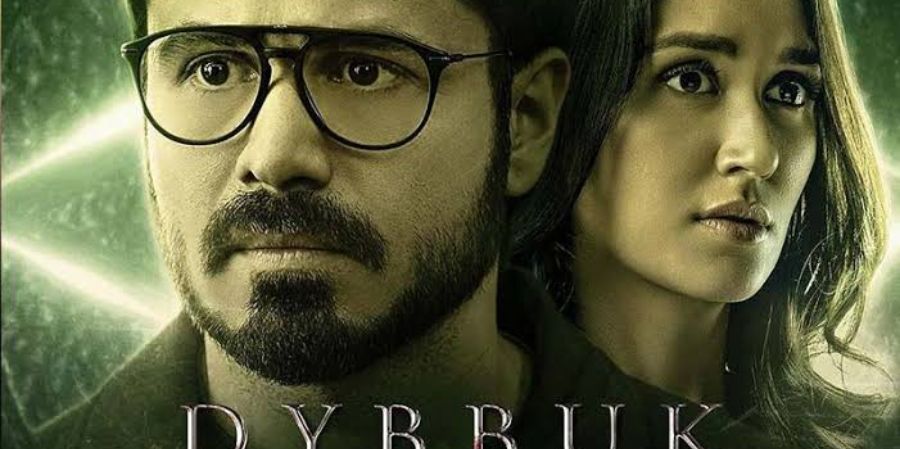

I'm not sure how society is doing, but the ghost world is becoming more secular. In this remake of a Malayalam film, we have a Jewish spirit hunting for a host to exact retribution after a Muslim spirit in Pari. Instead of the Cross, the Khamsa locket serves as a deterrent in this instance.
Another interesting aspect is that the male lead is no longer solely responsible for upholding the spirit. Hope for gender equity in the horror genre is increased by the hero's willingness to share the burden. The person that enters the shower is Emran Hashmi, not Nikita Dutta.
Aside from these rather unconventional strategies, the movie sticks to the script: canines spot the ghost, the possessed go on a night walk, and mirrors are meant to be broken. It appears that director Jay K is motivated by the Vikram Bhatt school, which enjoys hosting its horror fests in bungalows from the Colonial era. The common man feels alienated by such circumstances as he witnesses the protagonists' fear of the other. Additionally, it plays on the idea that such relationships are cursed if the main characters are an interfaith couple who live in a haunted mansion.
One such couple moves into a mansion in Mauritius is Sam (Hashmi) and Mahi (Dutta). Nikita is attempting to move past a miscarriage while Sam is an expert in disposing of nuclear waste. Some of the dialogue is absurd, such as when Mahi tells Sam that she wants to decorate the house in keeping with the heritage concept. Anyhow, she purchases an ancient box that turns out to be a dybbuk, a Jewish folklore object believed to house a human spirit. The environment gives the ghost free rein, and filmmaker Jay K is able to pull some pranks. But by devoting too much time to delineating the history of the ghost and the Jewish custom, he makes the audience wait for the next startling development. Perhaps the goal is to appeal to those who find Aahat spooky while yet taking into account the technical prowess of fans of The Conjuring.
The filmmaker's sincerity in tackling the science vs. logic debate is apparent, but the predictable plot and hackneyed backstory prolong the wait for the shocking twist.
Emran breezes through his working vacation in Mauritius because he is in comfortable surroundings. Manav Kaul makes a valiant effort to make the ghost-chasing Rabbi credible. Denzil Smith, the Father, does the same. One has the closest connection to Nikita. It is difficult to tell from her two and a half expressions if she is terrified or horrified by the movie's underlying premise.
